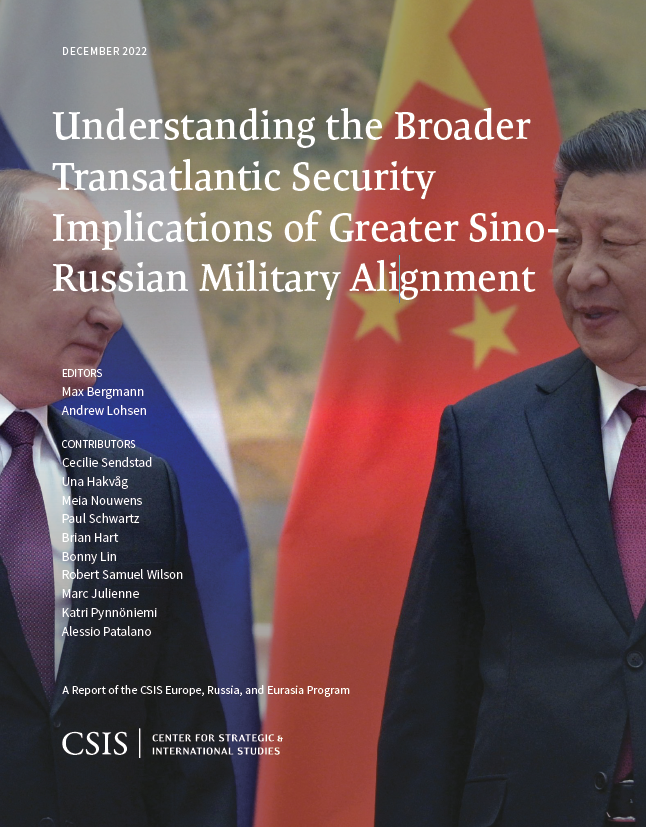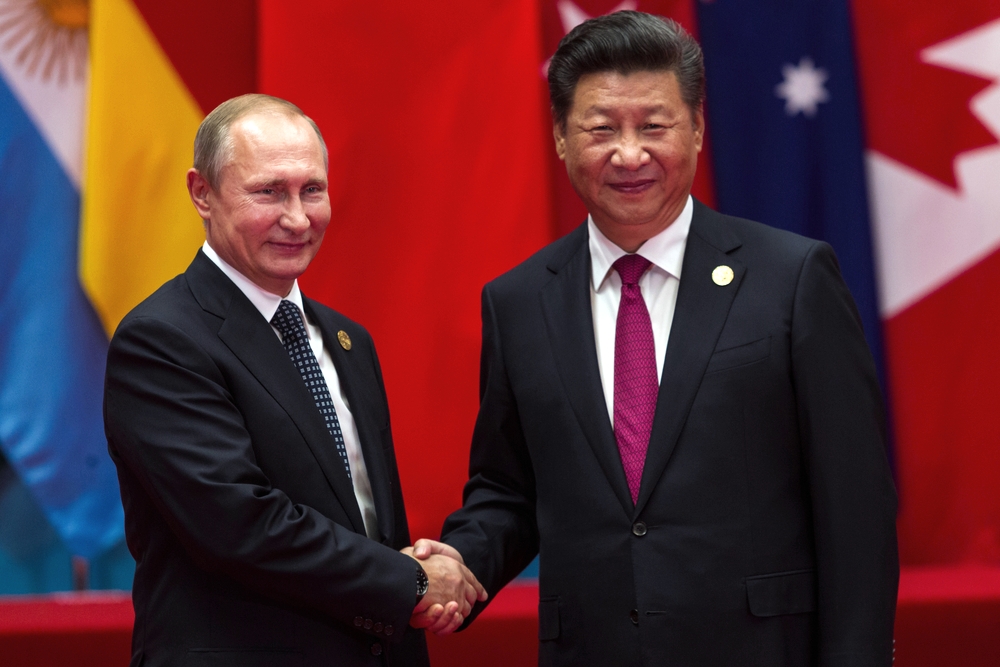China-Russia Cooperation in Space: The Reality behind the Speeches

China-Russia cooperation in space has been increasing for the past two decades. This cooperation accelerated after the Crimea crisis in 2014 and culminated with the announcement in 2021 of the joint construction of the International Lunar Research Station (ILRS).

Yet, behind the hype around the countries’ “rock-solid friendship,” the reality of this bilateral cooperation is more complex. Space cooperation is very strong when it comes to diplomacy, but it has proven to be limited in technical terms. Overall, the ambitious space partnership touted by China and Russia may well be exaggerated, considering three factors: Russian space budgets have been declining for years; the war in Ukraine will most likely undermine Russia’s budget and technical means for space even further; and China and Russia have persisting mistrust that tends to slow down any real, integrated technical cooperation.
Mainly based on Chinese sources, this paper intends to assess the bilateral partnership in space from a Chinese perspective, going through the historical background, the current cooperation programs, and the two countries’ common front in space diplomacy.
>> Dowload the report on the CSIS website.

Available in:
Regions and themes
Share
Find out more
Discover all our analysesSpace in a Changing Environment: a European Point of View
The development of European space activities has long been pursued under the framework of the European Space Agency and other national space agencies. More recently, the emergence of the European Union as a new actor for space has paved the way for a series of initiatives and opportunities.

Governing the Geostationary Orbit: Orbital Slots and Spectrum Use in an Era of Interference
Outer space, particularly in the telecommunication sector, is benefiting and becoming accessible to more and more actors. But with this trend comes also a reality that is every day more compelling: no meaningful development can be achieved without a clear, stable and predictable interference-free environment for the use and control of all satellites that depend upon ready access to radio frequencies and appropriate geostationary orbital slots to function properly.
Final Call for a European Space Strategy
Space poses both an opportunity and a challenge for Europe. And so does the new provision of the Lisbon Treaty - article 189 TFEU - that awards the EU an explicit competency on space.





